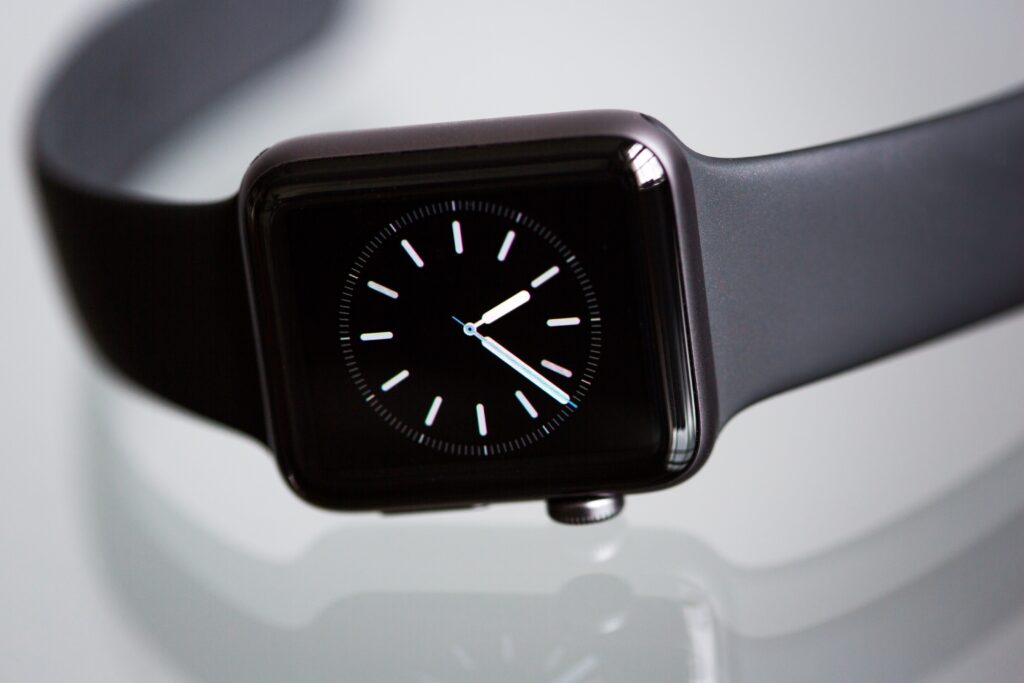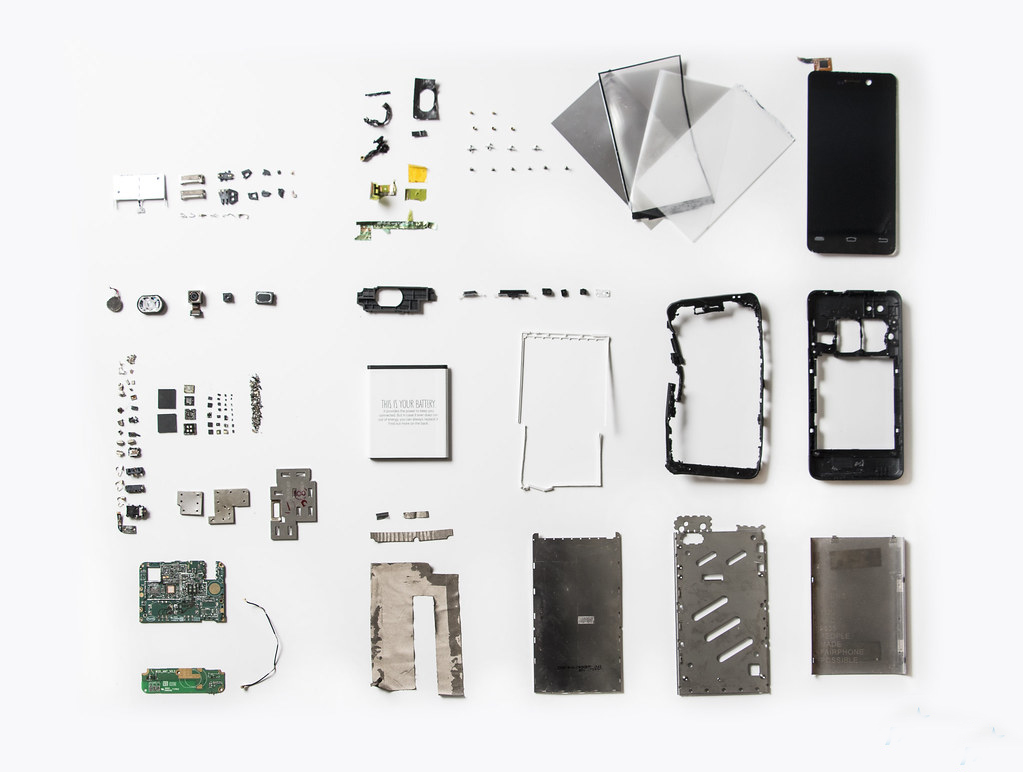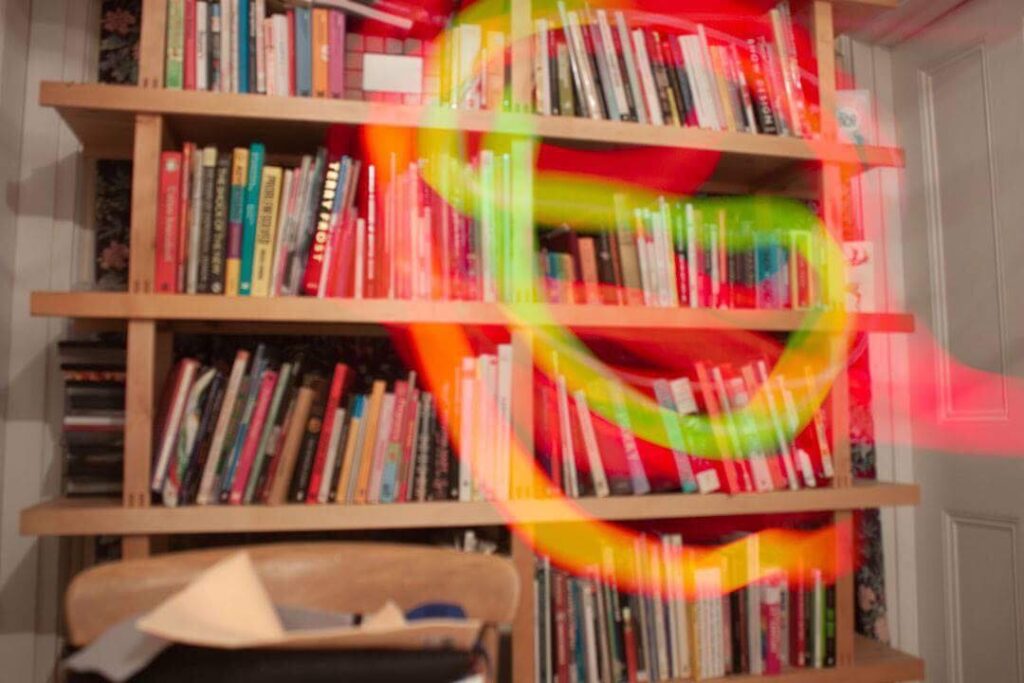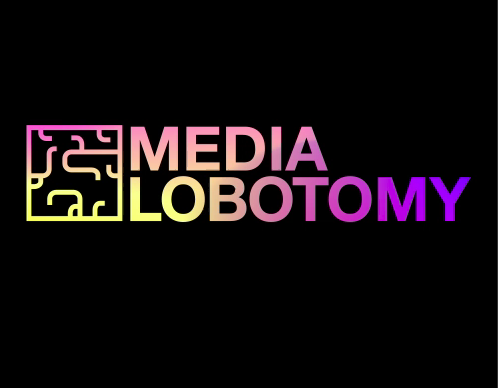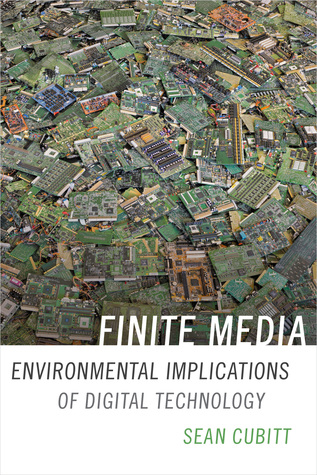Digital divide: Older people left ‘lonely’
Yesterday I shared the story about amazon with you, and today I have just seen this story on the BBC website.
link to story https://www.bbc.co.uk/news/uk-england-bristol-57598341

I found it interesting that most people think the Digital divide affects the young, but how wrong can we be just read the article from the BBC brings it home to you. Digital technology has become a lifeline to the elderly or those suffering from a health condition during this pandemic. I have had to help several pensions with no technical know-how but use zoom and other video calling devices to help them keep in touch with family and friends that otherwise, they could not. I remember getting a phone call from an old friend of mine asking me to pop round because she had lost her internet, and that was her lifeline during lockdown.
So think about some old ones and see if they need help. One old iPad could give them a new lease of life.

